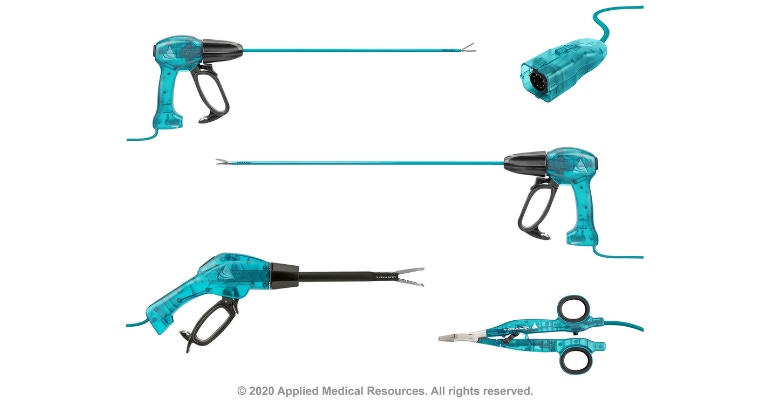Medtronic said the claims are baseless and the company plans to defend against the lawsuit filed by Applied Medical.
February 17, 2023

In a classic David vs. Goliath story, Applied Medical is suing the world's largest medical device company for antitrust practices in the advanced bipolar energy device market.
The complaint, filed in Central California's U.S. District Court, accuses Medtronic of bundling surgical devices in a way that blocks competition and is bad for hospitals and patients. Rancho Santa Margarita, CA-based Applied Medical claims it has had trouble selling its devices to multiple hospitals because of their contracts with Medtronic and associated rebates.
“Medtronic unlawfully leverages its monopoly power in other markets to coerce customers to accept its bundle and thereby purchase its advanced bipolar devices, and to gain and/or maintain its dominance in the advanced bipolar market,” Applied Medical said in the filing.
Applied Medical is a small fish in a large medical device pond. In addition to Medtronic, the company competes with Olympus and Johnson & Johnson’s Ethicon business, B. Braun, Conmed, and others. The advanced bipolar energy device market is expected to reach $3.6 billion by 2028.
According to a market report cited in the lawsuit, Medtronic has a 78.5% share of the advanced bipolar device market, while Applied Medical has about 3% of the U.S. market. But in Europe, it's 50% in some countries, because there is more regulatory scrutiny of bundling practices there, Applied Medical noted in the complaint.
"We are proud to be a leader in this competitive and growing space. The claims are baseless and Medtronic will defend against the lawsuit filed by Applied Medical," a Medtronic spokesperson said in a statement provided to MD+DI.
Applied Medical claims its Voyant intelligent energy system has advantages over competing devices and costs about 15% to 20% less. Hospitals would save more than $1 million by switching to Voyant compared to Medtronic's device, the lawsuit claims, but the savings would be wiped out by the loss of more than 20% rebate on bundled products.
About the Author(s)
You May Also Like




